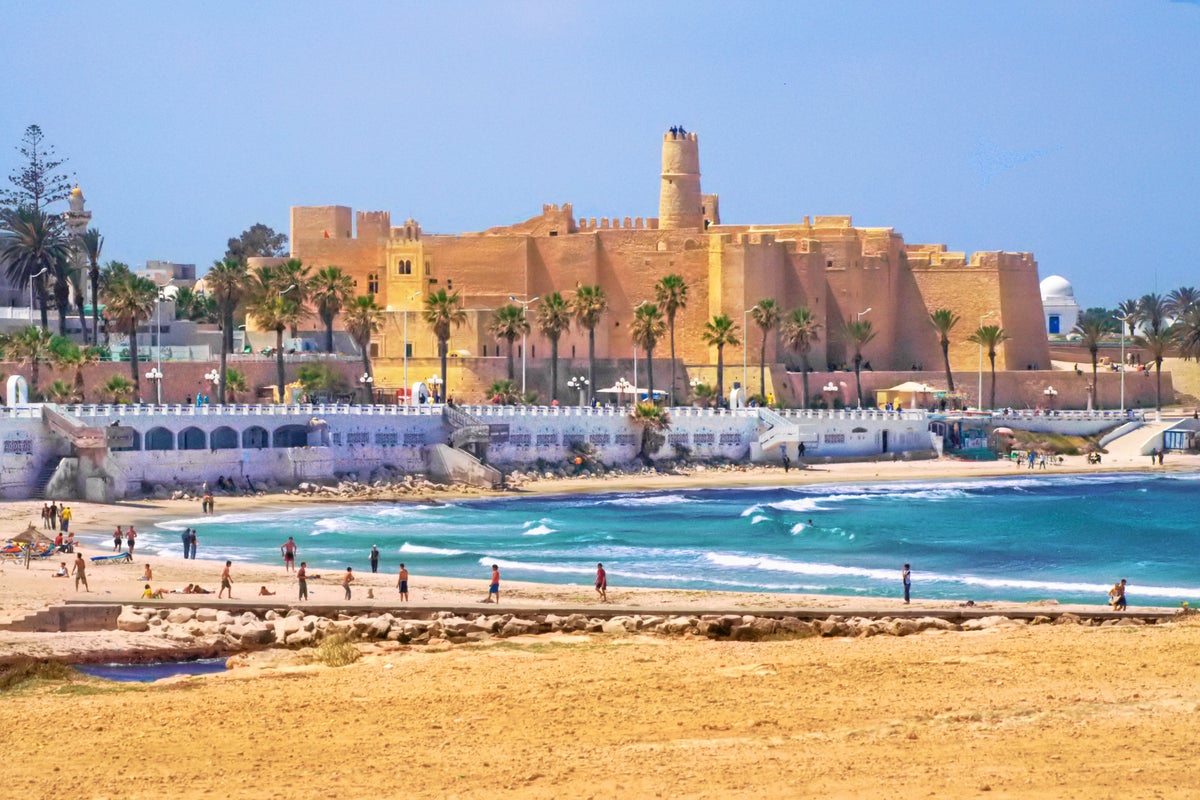'Shanghai tap water comes from the sea': Old joke masks fears for fresh water supply
The city government issues a reassurance, but residents say state media aren't following up on the story.

When social media users first heard that the Shanghai government could struggle to source enough fresh water for the city's 26 million residents if there is an increase in salinity in the city's major rivers, their minds immediately turned to the same quip.
"Shanghai tap water comes from the sea!" was among the first comments on Weibo on the news that the city had taken emergency measures to protect local reservoirs from salt water inflows, first reported by the Caixin news site.
The joke, which references a Chinese riddle that reads the same way backwards and forwards, was still going strong on Twitter on Thursday, with @RioJot commenting: "I guess we can really say that Shanghai tap water comes from the sea!"
The city, which lies on the Yangtze river estuary, as well as being criss-crossed by the Huangpu, Wenzao, Yingtao and Wusong rivers and the Suzhou Creek, may be surrounded by water, but less and less of it is now drinkable.
"Inflow of salty tidal waters causes difficulties ... for Shanghai's water sources," the Caixin article, which came after screenshots of an unconfirmed whistleblower account started circulating on social media, said.
"Water flow from upstream is still decreasing due to the drought in the Yangtze river basin, and [the authorities], predicting that salt tides are likely [to backflow into rivers], are ordering reservoirs ... to increase water storage."
The whistleblower post -- reportedly from a city government insider who advised people to stock up on drinking water -- prompted panic buying of bottled water in Shanghai's supermarkets, with photos of people stacking multipacks of water on the backs of bicycles making international headlines.
No reports on shortages
The city government's water resources and oceans bureau issued a statement on Tuesday saying tap water supplies to residential property were normal.
"The Shanghai Yangtze river estuary has been experiencing salt tide inflows since early September," the statement said.
"The city's water supply companies continue to strengthen water quality monitoring and manage reservoir operation and scheduling in a scientific manner."
"Tap water production and supply are normal and water quality is up to standard," said.
Shanghai resident Zhu Jinhua said she had yet to see any official news reports about a possible water shortage in the city.
"Shanghai hasn't had much rain this year," Zhu said. "When it did rain, it was just a drizzle, not a downpour."
"This year was a little worse compared with previous years, so now I have to order bottled water."
'A natural hydrological phenomenon'
Shanghai resident Li Xingsheng said the government is highly unlikely to announce any water shortage ahead of time, unless it is forced to do so.
"They definitely won't report on issues relating to people's well-being," Li said. "As soon as they do [report on the water supply], all the supplies of mineral water and pure bottled water will be snapped up."
The Global Times newspaper, an English-language tabloid with close ties to ruling Chinese Communist Party (CCP) paper the People's Daily, reported that water supply companies had started boosting fresh water supplies ahead of the salt tides.
"Saltwater inflows are a common natural hydrological phenomenon at the junction of rivers and seas," the paper said. "When the flow of the upstream freshwater river is insufficient, the seawater will pour back into the estuary to form a salt tide."
Saltwater inflows of varying degrees often occur from October to March, it cited the local water bureau as saying.
Shanghai's total water consumption hit 7.743 billion cubic meters in 2021, and that last summer's high temperatures had led to an increase in urban water consumption.
The city's average daily water supply was 8.656 million cubic meters from June through August 2022, an increase of 0.87 percent over the same period last year, according to Caixin.
Translated and edited by Luisetta Mudie.
This article has been sourced from various publicly available news platforms around the world. All intellectual property rights remain with the original publishers and authors. Unshared News does not claim ownership of the content and provides it solely for informational and educational purposes voluntarily. If you are the rightful owner and believe this content has been used improperly, please contact us for prompt removal or correction.












